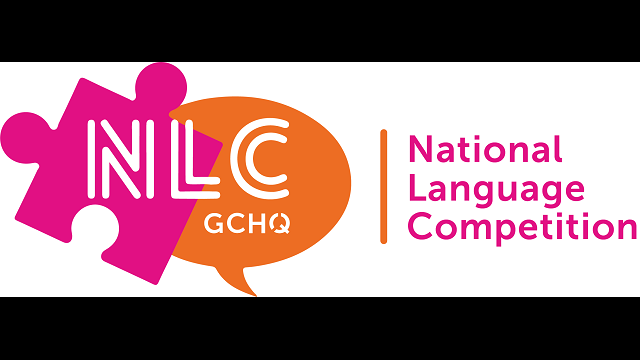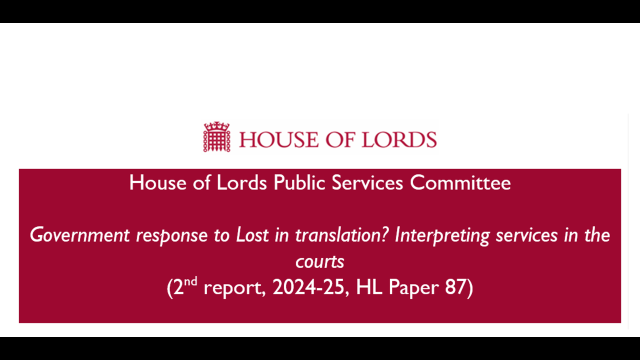-
QUALIFICATIONS
- For Linguists Worldwide
- For UK Public Services
- Preparation
- Policies & Regulation
-
MEMBERSHIP
- Join CIOL
- Professional Membership
- Affiliate Membership
- Chartered Linguist
- Already a member?
- Professional conduct
- Business & Corporate Partners
-
LANGUAGE ASSESSMENTS
- English
- All Other Languages
-
EVENTS & CPD
- Webinars & Events
- CIOL Conferences
- Networks
- CIOL Mentoring
-
NEWS & VOICES
- News & Voices
- CIOL eNews
- CIOL Awards
- The Linguist Magazine
- Jobs & Ads
-
RESOURCES
- For Translators & Interpreters
- For Universities & Students
- Standards & Norms
- CIOL & AI
- All Party Parliamentary Group
- In the UK
- UK Public Services
- Find-a-Linguist
Home Office Auto-Translation and Transcription RFI

The Chartered Institute of Linguists and Institute of Translation and Interpreting have written to the UK Home Office flagging concerns regarding the Home Office’s Auto-Translation and Transcription RFI, released last week, and urging engagement with researchers from the University of Bristol, CenTraS-UCL and CTS Surrey on the growing research base on the risks of AI use for translation in public service contexts.
As the UK’s largest professional bodies for translators, we encourage UK Government to actively engage with the growing range of academic research on the use of AI in public services contexts, all of which points out major issues with accuracy and reliability – especially when used in high stakes situations and for lower resource languages, which are commonly those in demand in the immigration and asylum system.
Put simply, Asylum & Human Rights Operations, Border Force, Immigration Enforcement, Visas, Status & Immigration (VSI) and Passports, Citizenship & Civil Registration are all contexts where the red flags which this research identifies are very real, and present significant risks to human rights and public safety.
We have strongly advised that alongside seeking input from suppliers interested in taking part in this RFI, the Home Office also connect with the research and researchers from Bristol, UCL and Surrey whose work is summarised and can be accessed here: Uses of AI Translation in UK Public Service Contexts | CIOL (Chartered Institute of Linguists)
AI is powerful and useful in many contexts, but drawing on the available research will enable Government to better navigate the balance of risk in using these technologies in the potentially high-stakes contexts the Home Office RFI references.
Filter by category
More
The Chartered Institute of Linguists (CIOL), Incorporated by Royal Charter, Registered in England and Wales Number RC 000808 and the IoL Educational Trust (IoLET), trading as CIOL Qualifications, Company limited by Guarantee, Registered in England and Wales Number 04297497 and Registered Charity Number 1090263. CIOL is a not-for-profit organisation.







